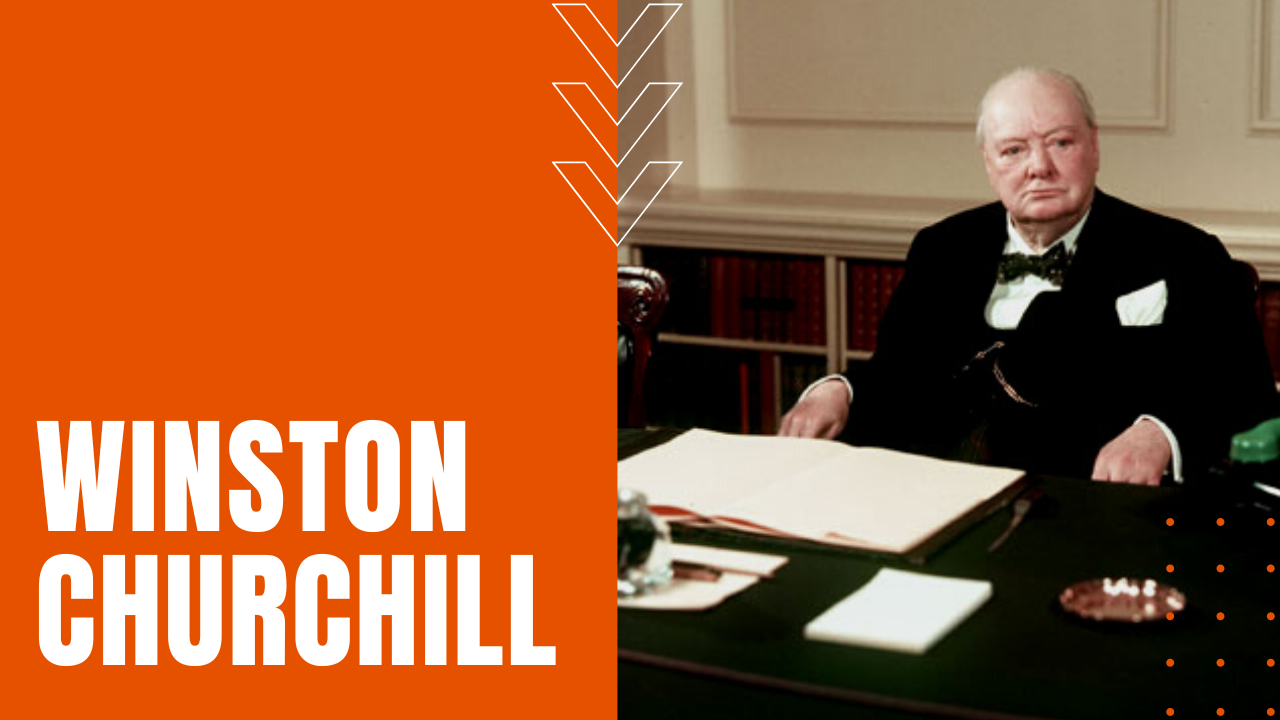Winston Churchill: Biography of Britain’s Prime Minister During WWII

Who Was Winston Churchill?
Born into aristocratic and political nobility in 1874 in Oxford England, Winston Churchill attended the Royal Military Academy at Sandhurst after his poor performance at Harrow prep school snuffed out any hopes of attending Oxford or Cambridge—Great Britain’s most illustrious universities.
Churchill’s Military Experience
After Sandhurst, Churchill joined the British Army in 1895, where he saw action in both the Anglo-Sudan War and the Second Boer War, publishing his first book in 1898, which chronicled his wartime experiences, first as a soldier, then as a reporter for the London Morning Post.
By the time he returned to England in 1900, Churchill had published five successful books by the tender age of 26. Crossing the aisle from the conservative right to the liberal left during his election to Parliament, in 1911, Churchill became the First Lord of the Admiralty—the equivalent of Secretary of the Navy in the United States.
In response to rising signs of German aggression, Churchill established the Royal Naval Air Service after modernizing the British fleet and co-inventing an early form of a combat tank. After World War One broke out, Churchill proposed the 1915 invasion of the Gallipoli Peninsula in Turkey—intended to encourage the Balkan states to join the Allied cause—which ended in disgrace and retreat after Allied forces sustained a quarter million casualties, including 41,000 deaths.
Prime Minister Churchill
Bouncing from one government job to the next during the interwar period, after Hitler’s 1939 invasion of Poland, Churchill pushed Prime Minister Neville Chamberlain out of office to lead Britain through the hardscrabble days of World War Two.
During the Battle of Britain and beyond, Churchill’s stirring radio and Parliamentary speeches kept British spirits high despite overwhelmingly bad odds, all the while residing in an underground bunker as German forces rained destruction upon Great Britain from planes and V-2 buzz bombs. Just two months after Germany’s surrender in 1945, war-weary British voted Churchill out of office, setting him on a post-war campaign against the Soviet’s communist expansionism, where he coined the word “Iron Curtain” during the early days of the Cold War.
Retirement and Death
Churchill returned to his post as Prime Minister in 1951, at 77 years of age, and after he failed to build a sustainable détente between the East and the West, he retired from public service in 1953. Until his death twelve years later, Churchill was knighted by Queen Elizabeth in 1953, before winning the Nobel Prize in Literature that same year for his six-volume history of World War Two, making the life and works of Winston Churchill, a bellwether figure in 20th-century history.
